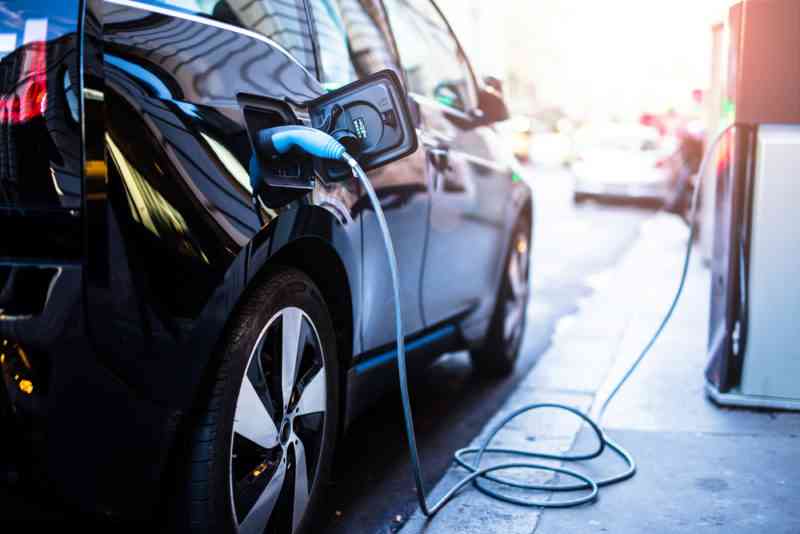
PIGGY has noted with interest that mobility has emerged as one of the most exciting sectors, with start-ups and traditional operators constantly developing new technologies and transportation options.
According to McKinsey & Company, the influx of innovative solutions has yet to solve the problem of congested roads.
It is estimated that 1,3 billion vehicles are now in use worldwide and many of these are privately owned. In the United States alone, there are 868 vehicles per 1 000 capita.That said, new trends and technologies are constantly emerging.
Leading-edge electric-vehicle (EV) batteries have also made the headlines as the trend towards decarbonisation gathers momentum.
Lithium-ion battery technology is expected to remain the main energy-storage solution for the next 20 years and will be used in consumer cars, air taxis and other short-range transport solutions.
Piggy contends that the increase in battery production will make electric cars cheaper than fuel cars from 2030 onwards. The sustainability challenge of lithium batteries is already well known, and major market players such as Tesla are trying to improve the situation by limiting the presence of some rare earth elements such as cobalt. The technology itself is not expected to change drastically.
It is speculated that its energy density could eventually improve two-fold, rising to (500 Wh/kg), and that charging speeds could be “achieving 80% of full charge in around five minutes” by 2040.
An important trend is that governments and advocates of cleaner environments are pushing for the development of electric vehicles.
- Australia floods worsen as thousands more flee Sydney homes
- Japan brings cheer to Gokwe
- Bruce’s Beach returned to family nearly a century after seizure
- Commodity price boom buoys GB
Keep Reading
Some governments have also declared their intention to grow the share of EVs in their countries’ automobiles market.
The proportion of EV, PHV and hybrids in global auto sales is estimated to reach between 50% to 60% by 2030. The electric car market penetration into the global vehicle fleet (1,3 billon cars) will be the key demand driver.
The current market share of yearly EV sales in just under 1% but is expected to continue expanding rapidly. Of course, regional performance varies, with some EV markets approaching near main-stream status, while others remain stuck in neutral.
In a nutshell, global EV-sales volumes are becoming large enough to create substantial profit pools for well-positioned suppliers and other upstream players.
Overall, a drastic change in the automobile industry and materials sector is expected as EVs (which use Lithium-ion-Battery) will take the place of the internal combustion engines (petrol and diesel).
The implication is certain mineral resources are going to be in high demand.
A Lithium-ion-Battery requires lithium, cobalt, nickel, and graphite as significant materials.
Already, the demand for these resources is in a surprising uptrend.
Lithium requirement is likely to reach 36 times current demand by 2030. The other materials are also expected to see a similar surge in demand.
The EVs story has also been cited as a significant driver of nickel prices going forward. Nickel demand from the electric car market will largely be dependent on the selection of energy storage technology, which is still to be decided by the major PEV manufactures.
In conclusion, Zimbabwe is set to benefit from rare earths and the potential of minerals, such as lithium.
Investors should position themselves accordingly. Investment options in the public equity space remain limited on our capital markets.
Piggy recommends:
Private equity options (direct stake in lithium assets/claims),
Offshore investing by taking positions in listed lithium mining groups and
Exposure in structured finance offerings (investing in solar plants that power lithium mines).
- For more insights, join a PiggyBankAdvisor WhatsApp Group (+263 78 358 4745).
- Matsika is the managing partner at Mark and Associates Consulting Group and founder of piggybankadvisor.com. — +263 78 358 4745 or [email protected]/ [email protected].











